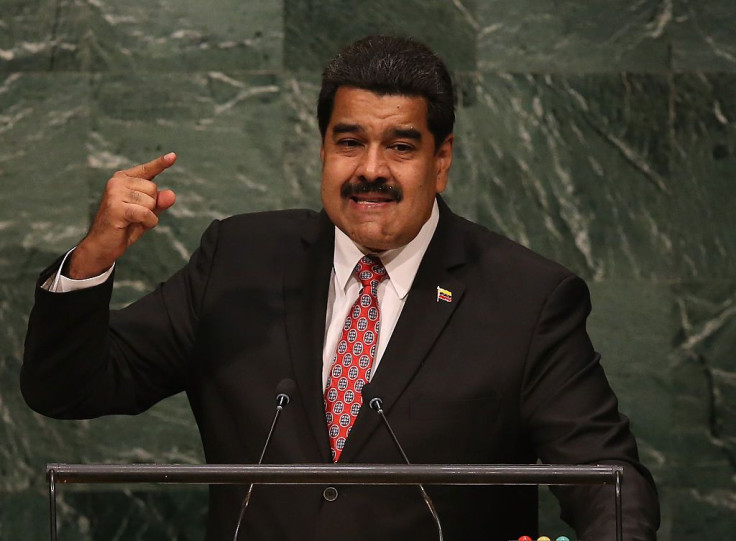
The average price of the Venezuelan crude in 2017 reached 46.45 dollars, after an average of 35.15 dollars in 2016. However, according to the Ministry of Petroleum, the last week of December closed at 56.57 dollars per barrel.
Because of this, Venezuelan President Nicolás Maduro announced the creation of Petro, a virtual currency that, according to him, will be supported by the oil wealth of the country with the largest reserves in the world.
"For every Petro, a barrel of oil, that's the value," Maduro said, according to AFP, without giving more details on when people will have access to the new currency. The president said that the cryptocurrency will be supported by one of the active fields in the Orinoco Oil Belt, one of the richest territories in the Caribbean Nation in terms of crude oil reserves.
According to Maduro, the field has some 5 billion barrels of oil "certified internationally," assuring that with this initiative the new currency will allow "new forms of financing" after the financial sanctions that the United States imposed against Venezuela.
After Maduro's announcement, the White House immediately prohibited all citizens and local businesses from negotiating debt issued by the Maduro government and the state oil company PDVSA. "The Petro is not a cryptocurrency, it is a simple debt title, with an 'underlying asset:' oil," economist Luis Oliveros wrote on Twitter.
Maduro lo confirma con su explicación, el petro NO es una criptomoneda, es un simple título de deuda, con un "activo subyacente": petróleo (o una esperanza que parece lejos con el desastre de Pdvsa).
— Luis Oliveros (@luisoliveros13) December 27, 2017
Nada nuevo.
As reported by AFP, experts in economics believe that Petro will not generate much confidence due to fiscal spending and the inflation currently experienced by Venezuela. That is why the Bolivar, the local currency, has been devalued more than 96% in one year on the black market. "The bolivar is also backed by the oil reserves and has no strength," Henkel García, director of the Econometric consultancy, told AFP.
The U.S. Senate expressed concern about the internal situation in Venezuela and urged members of the OAS to take steps to address the crisis in the South American nation. But what has really caused the food shortage in Venezuela? The agricultural measures during Chávez administration caused food imports to rise dramatically. With Venezuela's reliance on imports and its lack of having dollars to pay for such imports, shortages ensued.
The country's current poverty is due to oil, the same thing that made it rich. Venezuela has the world's largest oil reserves, being the U.S. its biggest customer. President Hugo Chavez, who died in 2013, controlled oil profits. Chavez used all the money in education, health care and employment, but all that spending left Venezuela in recession.
Protests against current Venezuelan President Nicolas Maduro, have brought thousands to the streets demanding elections, but has also left dozens of people dead, in addition to hundreds of people injured and about 800 detained, according to an official toll. The opposition of the new goverment is brutally repressed with bullets, water tanks, pepper spray and tear gas by the Venezuelan riot police, while Maduro plans to rewrite the Constitution of the country.
© 2025 Latin Times. All rights reserved. Do not reproduce without permission.






